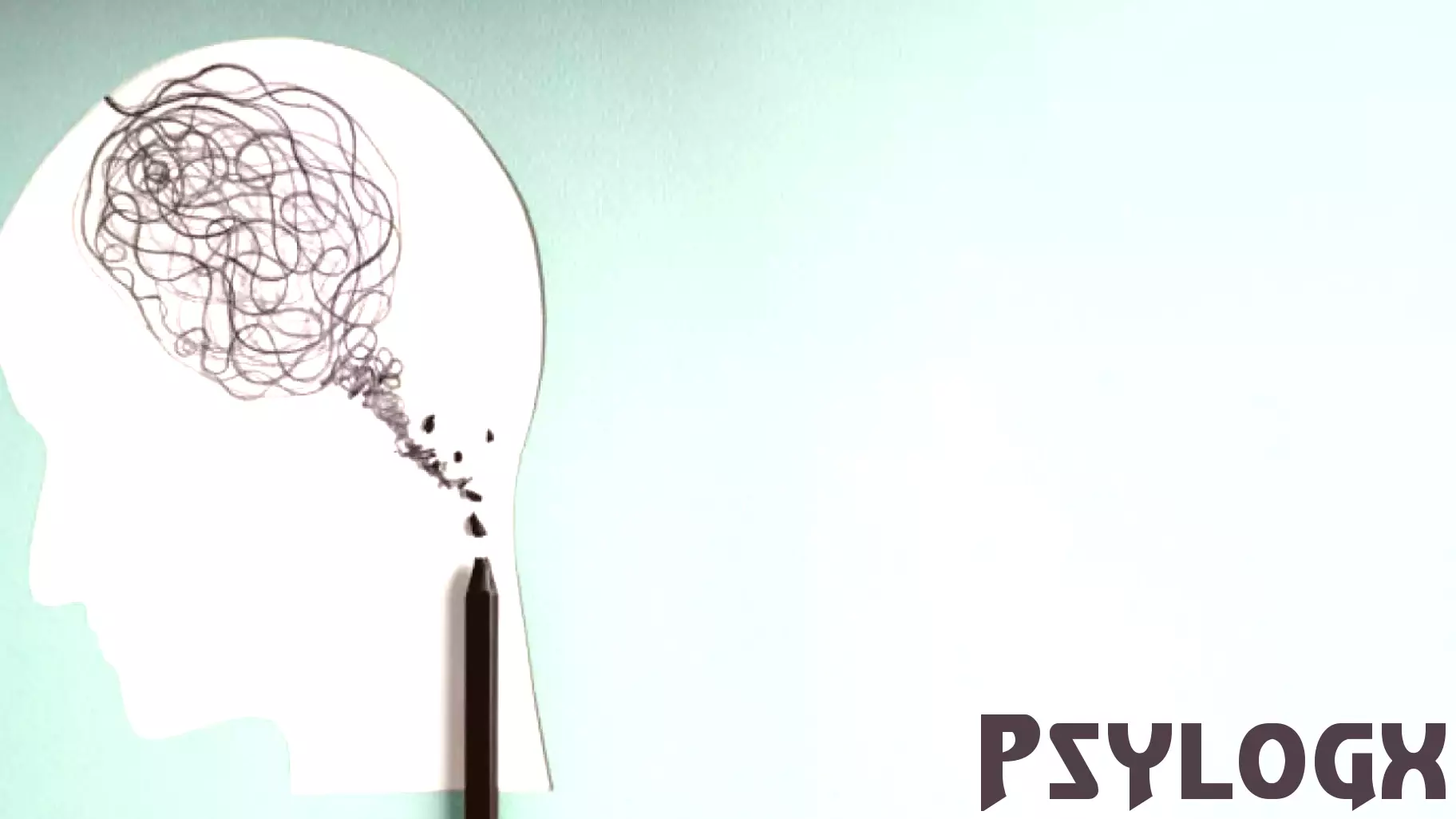April 4, 2025 - 20:35

The human mind often acts as a fortress, guarding itself against information that conflicts with existing beliefs. This phenomenon, known as cognitive dissonance, occurs when individuals encounter facts that challenge their preconceived notions. Instead of embracing new information, the mind tends to reject or distort it, reinforcing existing biases.
Research has shown that emotional connections play a significant role in how we process information. When facts are presented in a way that aligns with personal experiences or emotions, they are more likely to be accepted. This suggests that bypassing the mind's mental firewall requires not just the presentation of facts, but also a strategic approach to communication.
Engaging storytelling, relatable examples, and empathetic dialogue can create openings in the mental barriers we construct. By fostering an environment of openness and understanding, individuals can be encouraged to reconsider their viewpoints, allowing facts to penetrate the defenses of the mind.



